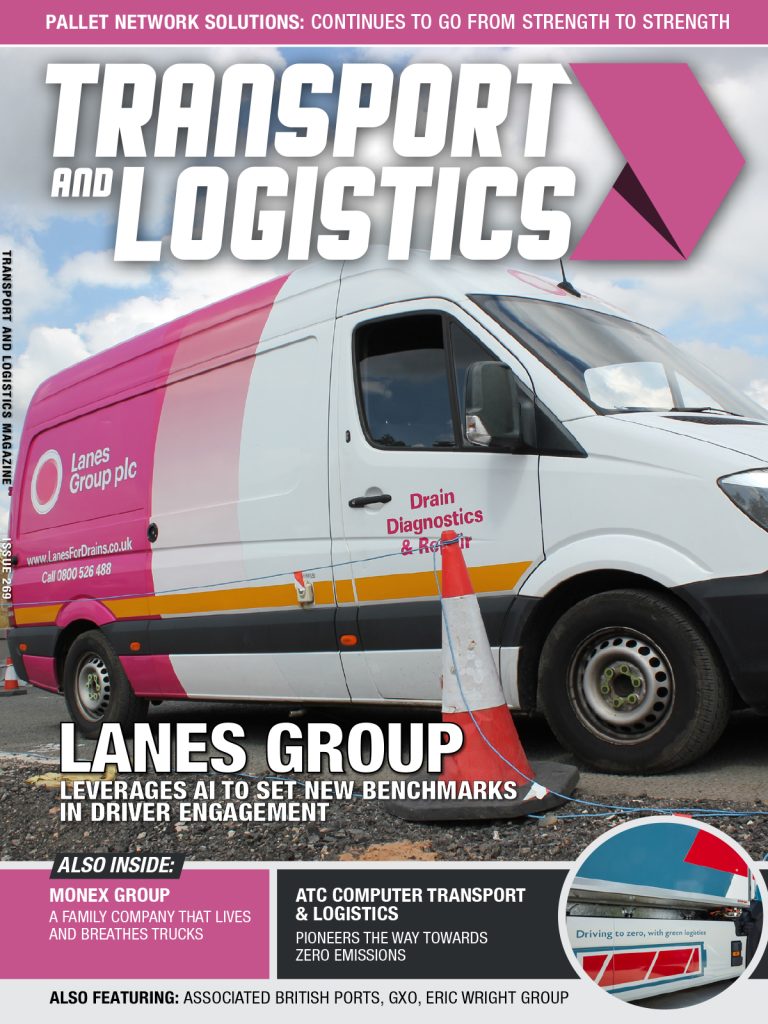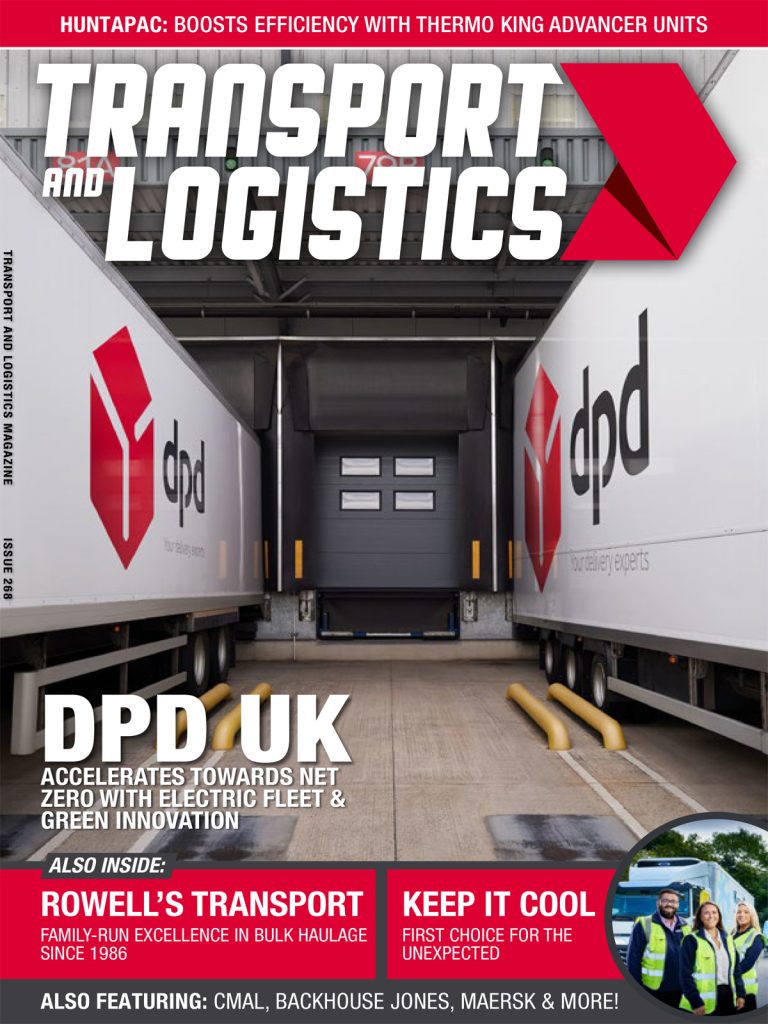An international logistics expert has urged UK businesses to continue preparing for a no-deal Brexit. Adam Johnson, director of Leeds-based Tudor International Freight, said traders should not be fooled by well-publicised government rebuffs in the House of Commons during the last few days into thinking such an outcome, possibly as soon as 31 October, was now impossible.
Mr Johnson said: “We welcome Parliament instructing the government to seek a deferral of the UK’s departure from the EU, if no withdrawal agreement is in place or MPs haven’t authorised a no-deal Brexit by 19 October. As things stand, if neither development occurs, the government will have to ask the EU to delay the UK’s leaving date by three months to the end of January 2020.”
The Commons took this step following repeated pledges by Prime Minister Boris Johnson that Britain’s membership would cease on Halloween, whether a withdrawal agreement was in place or not. These raised the imminent prospect of a no-deal Brexit, which many experts believe would seriously damage the country’s economy.
Mr Johnson also endorsed Parliament’s refusal to allow the government to circumvent its defeat by calling an early General Election, on a date such as 15 October. The executive had hoped the new collection of MPs that such an event produced would have repealed the legislation, removing the potential need for an extension request.
He said: “Apart from the damage it may have caused to UK businesses, via the no-deal Brexit it could have facilitated, an October General Election would have been inappropriate as a means of providing a way forward on the matter. This is because people would have based their votes not just on this issue but other important topics – such as the NHS, social care, education and crime – too.
“It’s also true that some recent opinion polls, such as one involving 10,000 respondents, conducted for the Conservative Group for Europe, predicted the likeliest outcome would have been another hung Parliament, with no party having an overall majority, so an early election may have changed little anyway.”
Mr Johnson added, however, that British businesses should maintain their contingency planning for a no-deal Brexit, time-consuming and expensive though these preparations could be.
He said: “Even in the absence of a General Election, a UK departure without a withdrawal agreement could still occur as early as 31 October, as any application for an extension has to be approved by all 27 other EU member states, which is not a certain outcome.
“It’s also true that, even if this deferral is forthcoming, a future no-deal Brexit remains the legal default result, which will take effect unless an alternative arrangement replaces it, and the Commons has repeatedly, over an extended period, failed to agree on what this more positive outcome should be.”
Mr Johnson welcomed what he called “limited indications” of government progress in preparations for a cliff-edge departure in the last few weeks.
He said: “These have included the announcement of plans to spend £30m on improvements to port infrastructure, plus road and rail connections – though these can’t make a substantial difference anytime soon – and the allocation of an extra £20m for combatting traffic jams in Kent.
“The government has also decided to allocate Economic Registration and Identification numbers, which are mandatory for outside companies buying from or selling to EU businesses, to around 89,000 VAT-registered UK enterprises automatically.”
Mr Johnson added, however, that one reason a no-deal Brexit, and certainly one as early as next month, was undesirable was – as many people in his industry knew – the country remained underprepared for such an outcome.
He said: “We welcome the fact that the Department of Transport has just announced a multi-million-pound information campaign, aimed at ensuring businesses and their freight forwarders are aware of the processes and paperwork that would apply to customs and border crossings in the event of a no-deal Brexit. We’re also positive about the government this week emailing 70,000 haulage operators, industry bodies and other parties with key details.
“However, the fact is UK businesses are still largely unaware of the relevant procedures and documentation, which are vital matters. With less than 40 working days until our possible EU departure, they may therefore have precious little time for purposes such as understanding and staff training, which might well exacerbate the widely-predicted traffic chaos at ports.”














